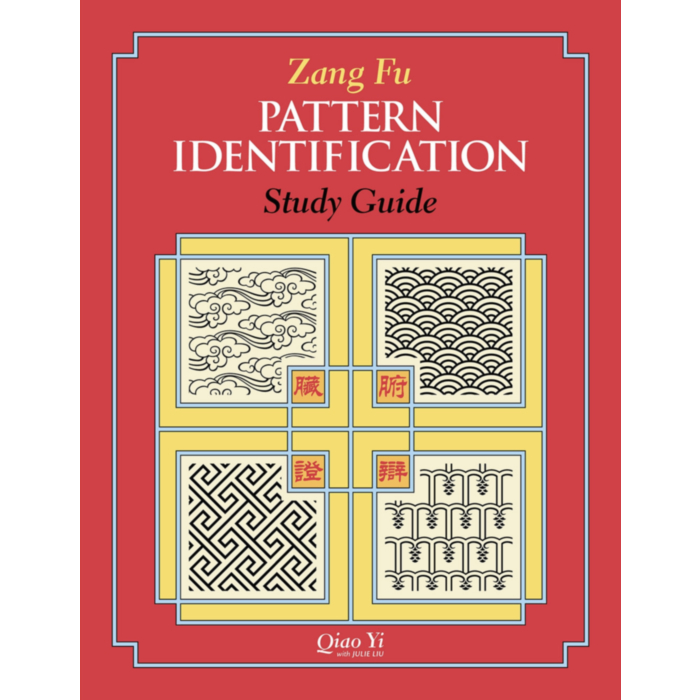Zang Fu Pattern Identification Study Guide
Delen op sociale media
Zàng fû pattern identification (臟腑辯證 zàng fû biàn zhèng) is a method that is used to analyze the signs and symptoms of disease according to the physiological functions and pathological characteristics of the zàng fû organs, individually and in concert with other organs. On this basis, one can infer the etiology, pathology, location and nature of a disease. It also reveals the condition of the body’s normal (antipathogenic) qi and its ability to battle pathogenic qi.
All physiological functions and pathological changes are associated with the zàng fû organs. Most often, the occurrence and development of disease is the result of zàng fû organ dysfunction. Zàng fû pattern identification is one of the core diagnostic methods in traditional Chinese medicine and is the foundation for clinical analysis and differentiation of every disease, particularly for interior and chronic conditions.
Zang Fu Pattern Identification Study Guide provides an in-depth description and analysis of the physiological characteristics, common etiological factors and pathological patterns of each of the zàng fû organs. Part I explores the five zàng or ‘solid’ yin organs, and Part II the six fû or ‘hollow’ yang organs. Similar patterns are differentiated from one another.
Part III examines the most common compound or complex patterns involving pathology between two or more associated organs. Part IV addresses more difficult questions that require deeper exploration. Rounding out the book in Part V is a comprehensive self-examination with 200 questions and answers based on the material in the text.
Qiao Yi, M.D. (China), M.P.H., L.Ac., is a graduate of Beijing University of Traditional Chinese Medicine (1987), and received a Masters Degree in Public Health from U.C.L.A. She served as clinical director at both Emperor’s College and SAMRA University, and as Associate Dean and Academic Dean at Yo San University and Emperor’s College. Dr. Qiao has been teaching TCM courses since 1991 at schools in Southern California where she was also involved with curriculum development. She served as commissioner for the Accreditation Commission for Acupuncture and Oriental Medicine (ACAOM) for eight years. In addition to teaching, Dr. Qiao has conducted acupuncture research at Cedars-Sinai Hospital, Good Samaritan Hospital and Daniel Freeman Memorial Hospital, and published research funded by the National Institutes of Health. She is the author of Traditional Chinese Medicine Formula Study Guide and Traditional Chinese Medicine Diagnosis Study Guide. Currently, Dr. Qiao maintains a private practice in Los Angeles and is on the faculty at Emperor’s College.
Julie Liu, L.Ac., Dipl. OM (NCCAOM), is a graduate of the Master of Science in Acupuncture and Oriental Medicine program at Dongguk University, Los Angeles, where she completed an externship at the University of Southern California Student Health Center. She began her studies in acupuncture and herbal medicine at Emperor’s College of Traditional Oriental Medicine after graduating from the University of California, Berkeley. She currently maintains a private practice in Orange County, California.
| ISBN | 9780939616961 |
|---|---|
| Auteur | Qiao Yi |
| EAN | 9780939616961 |
| Type | Unknown |
| Taal | English |

